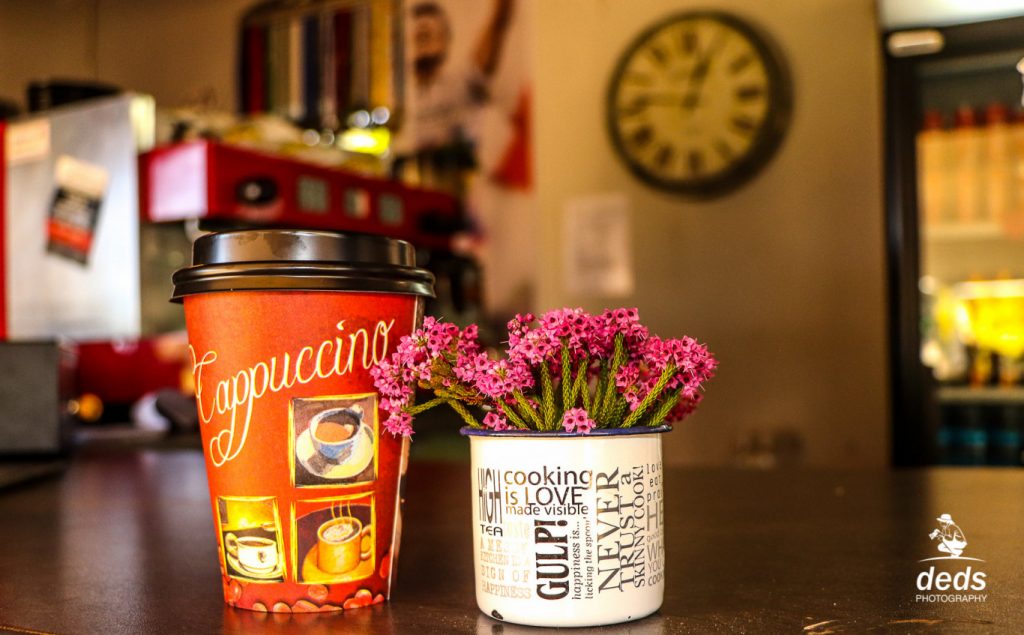Reputation Matters, a proudly African firm that focuses on reputation research, has embarked on a research study to determine the effect of the COVID-19 pandemic. The research focussed specifically on the impact that the pandemic had on business communication and how people have been affected on an individual, company and country level. The results, which are presented in a series of free online sessions this week, highlights the importance of crisis communication and having a communication policy in place before a crisis hits. Apart from the negative economic impact of the pandemic, respondents indicated that they enjoyed spending more time with family and building stronger bonds. Businesses also noted that they were forced to think outside of the box in order to reach their customers. They also indicated that working from a remote office and using technology have delivered a more productive workforce.
For the first time since the Second World War, the Eiffel Tower has been closed for more than 100 consecutive days, major sporting events like the PGA have been cancelled and life as we knew it has come to a standstill due to the COVID-19 pandemic. As many countries start phasing out their lockdown, people are eager to get back to business.
“With the help of our strategic partner, ECCO International Communications Network and the African Public Relations Association (APRA), the questionnaire was distributed across Africa and translated into French, German and Hungarian to make it accessible across Europe,” says Chanell Kemp, reputation specialist at Reputation Matters, who led the research project. The survey delivered responses from Africa, Asia, Europe, North- and South America. The majority of responses, however, came from Africa and Europe and the data focused on these two continents. “The main thing that stood out for me is that the world is ready to relook the way we work. Technology has allowed us to work remotely and make better use of our time,” indicates Chris Bischoff, reputation manager, who was part of the project.
Participants were asked what the effects were on their countries, and the majority of respondents, regardless of the country or continent, indicated that the macro-economic effect was devastating. Respondents mentioned the GDP, increases in poverty, loss of revenue and the closures of borders, travel and businesses as the major influencers on a macro-economic level, indicating that the ‘worst is yet to come’. “Albeit the big effect the lockdown had on all three levels, the positive message that came through from the respondents is one of hope and optimism, with the biggest focus being on family time, relationship building and generally more time for self-reflection,” says Nalene de Klerk, reputation manager that was research support on the project.
“The data that we collected was very rich and insightful. There are numerous lessons that we learnt from the research that can help businesses re-establish and rebuild a resilient reputation after the lockdown,” indicates Kemp. Here are four lessons that businesses can focus on, coming out of lockdown:
- The pandemic changed the way we engage with new and current clients: Communication to employees and customers is more important than ever and businesses need to adapt their marketing and customer relations strategies to take advantage of digital opportunities and new communication platforms.
- It is important to have a crisis communication plan in place before a crisis takes place: A crisis can only be managed effectively if you plan appropriately. The research indicated that 42% of organisations in Africa did not have a crisis communication plan in place before the pandemic surfaced.
- The pandemic, and its economic impact, is far from over: Organisations need to have a financial strategy in place to help businesses survive and thrive in the new economy.
- The pandemic affected everyone, regardless of age, continent or country: The research highlighted the importance of empathy, humanity and unity. Businesses need to share these messages of positivity with the rest of the business community in Africa.
There are even more lessons that surfaced from the research and Reputation Matters is hosting a free online session to give detailed feedback on all the research results. “We want to invite the media and the members of the public to join one of the two sessions this week: Tuesday, 30 June 2020 at 14:00 (RSA) or Thursday, 02 July 2020 at 14:00 (RSA),” concludes Kemp. To be part of this session, please send an email to research@reputationmatters.co.za. Organisations can draw inspiration from the positive aspects that arose from the research, take the lessons learnt and implement it in order to build resilient reputations coming out of lockdown.
